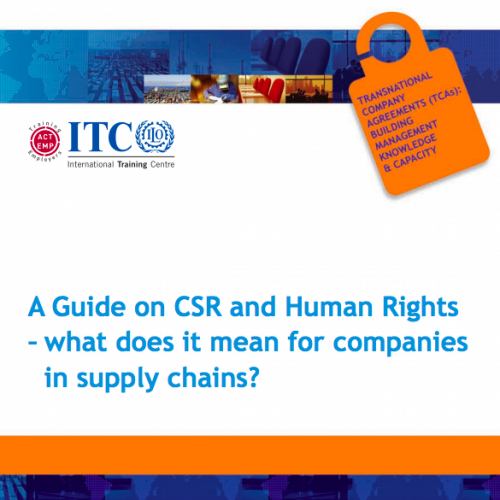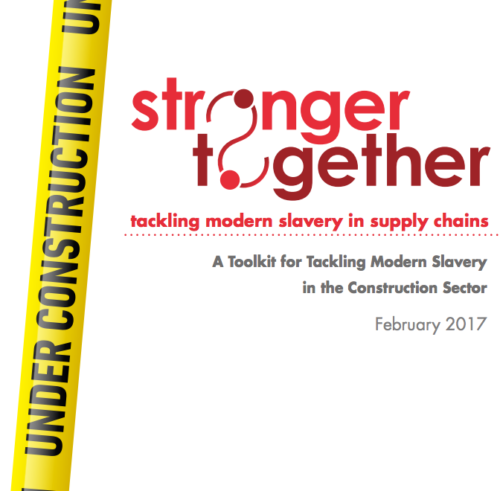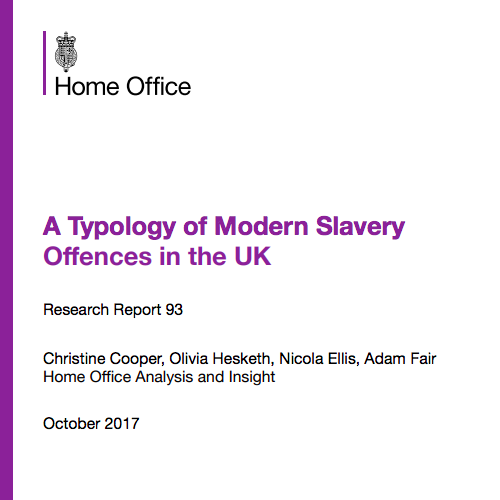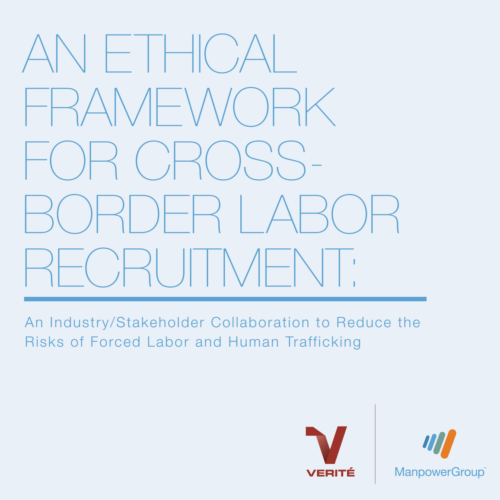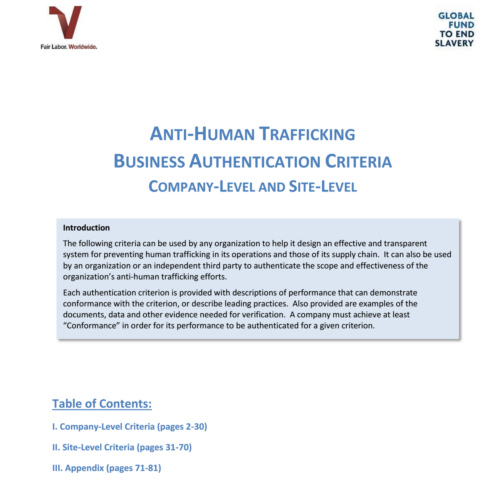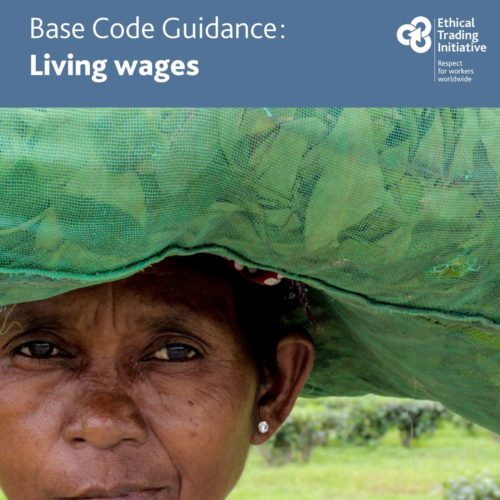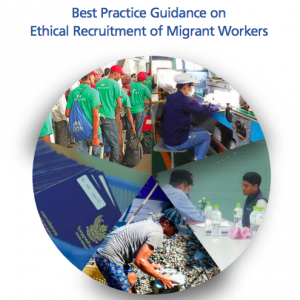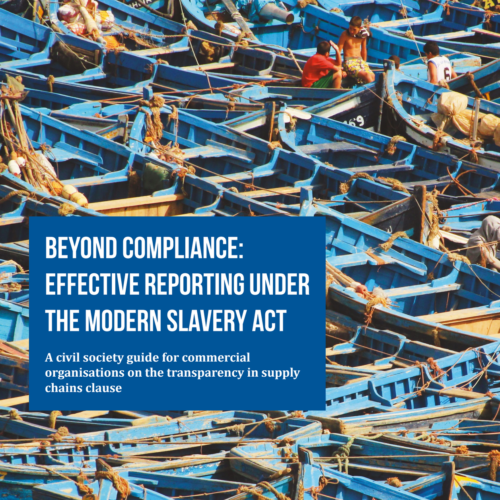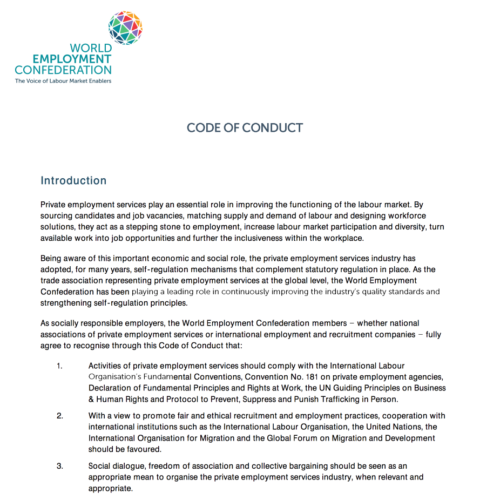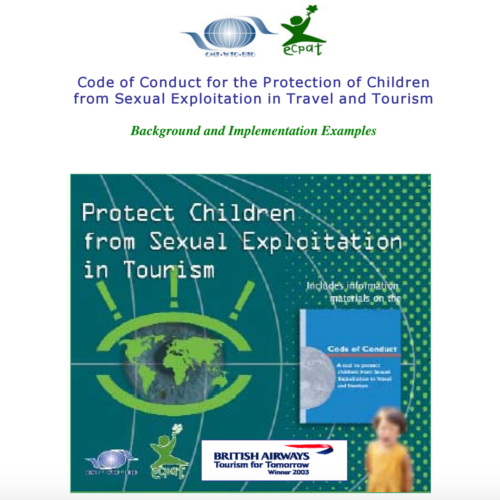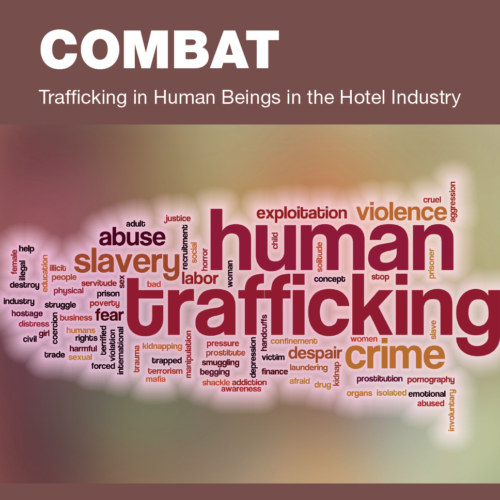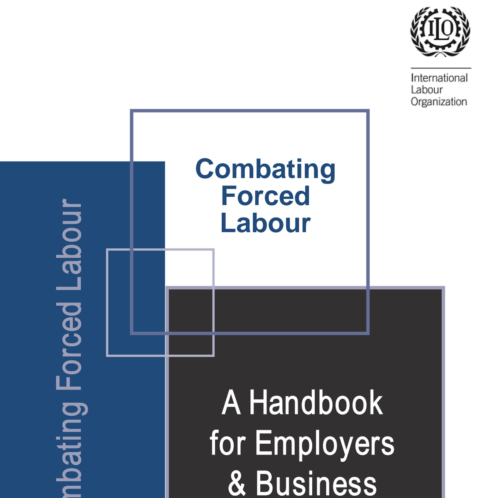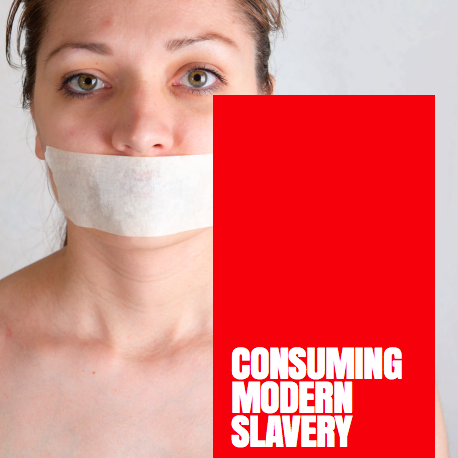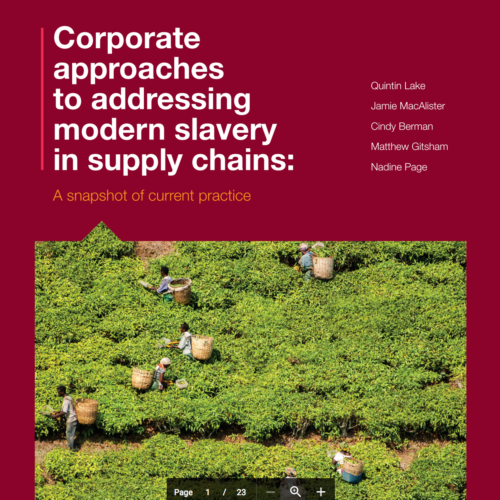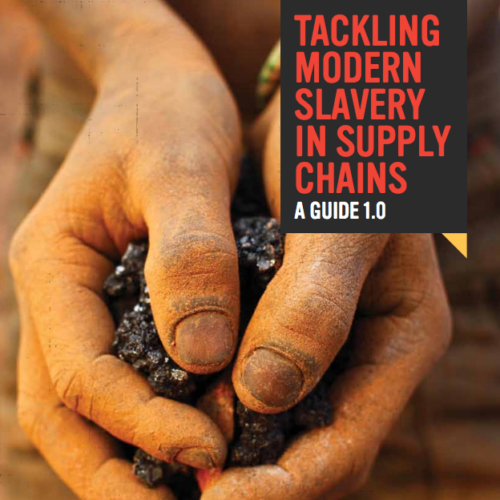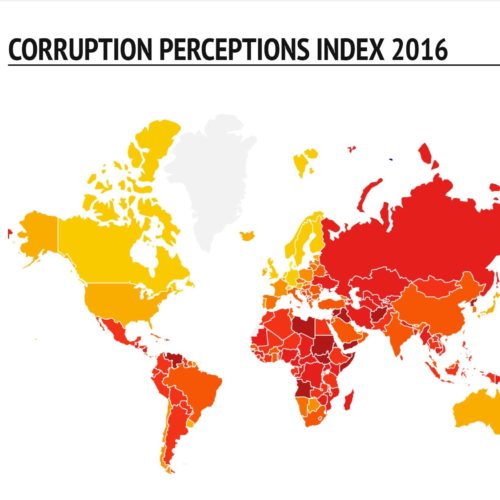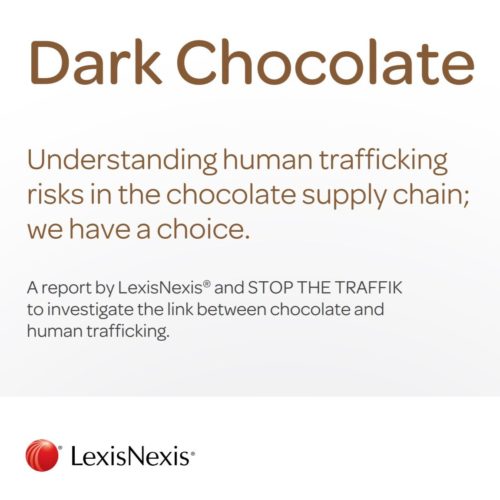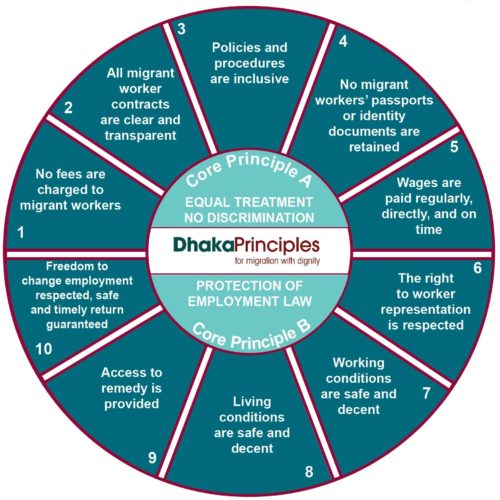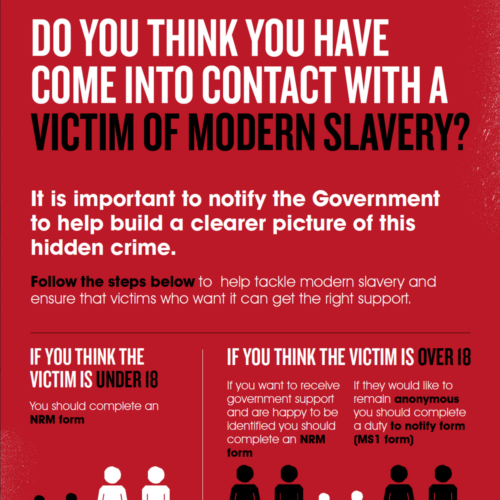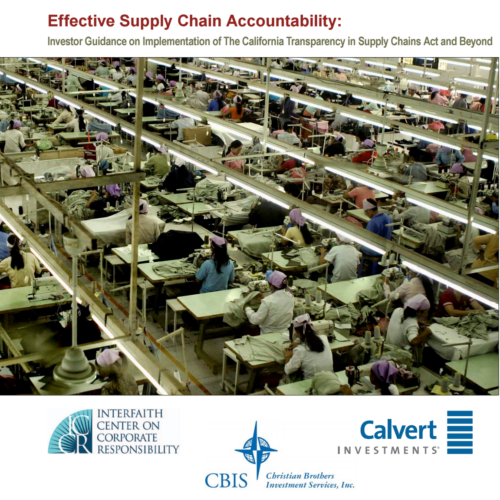This Framework offers a checklist guide of specific Standards of Ethical Practice for firms involved in cross-border recruitment of workers, and outlines a Verification and Certification System designed to protect workers against specific patterns of vulnerability and abuse.
The SEP include:
- a checklist of operating rules for firms engaged in the cross-border recruitment and movement of workers
The VCS outline includes:
- an outline of elements and principles to be adopted by organisations that wish to measure, certify, and ensure compliance of particular enterprises with the SEP
The Framework also details a list of recommendations which are informed by ManpowerGroups’s pragmatic experience in responsible cross-border recruitment of workers, and Verite’s expertise in creating verification systems to protect human rights. It is intended as the first phase in a three-phase project, the second phase is a demonstration project with interested groups, the third phase is the development and dissemination of results, assessments, further recommendations and supporting materials for the wider replication and adaptation of the Framework.
Credit: Verite & Manpower Group
 “The launch of this resource hub shows the effectiveness of collaboration and is a significant step-up in trafficking prevention measures. It is a practical and useful step towards aiding businesses in identifying and preventing modern slavery where is occurs.”
“The launch of this resource hub shows the effectiveness of collaboration and is a significant step-up in trafficking prevention measures. It is a practical and useful step towards aiding businesses in identifying and preventing modern slavery where is occurs.”
